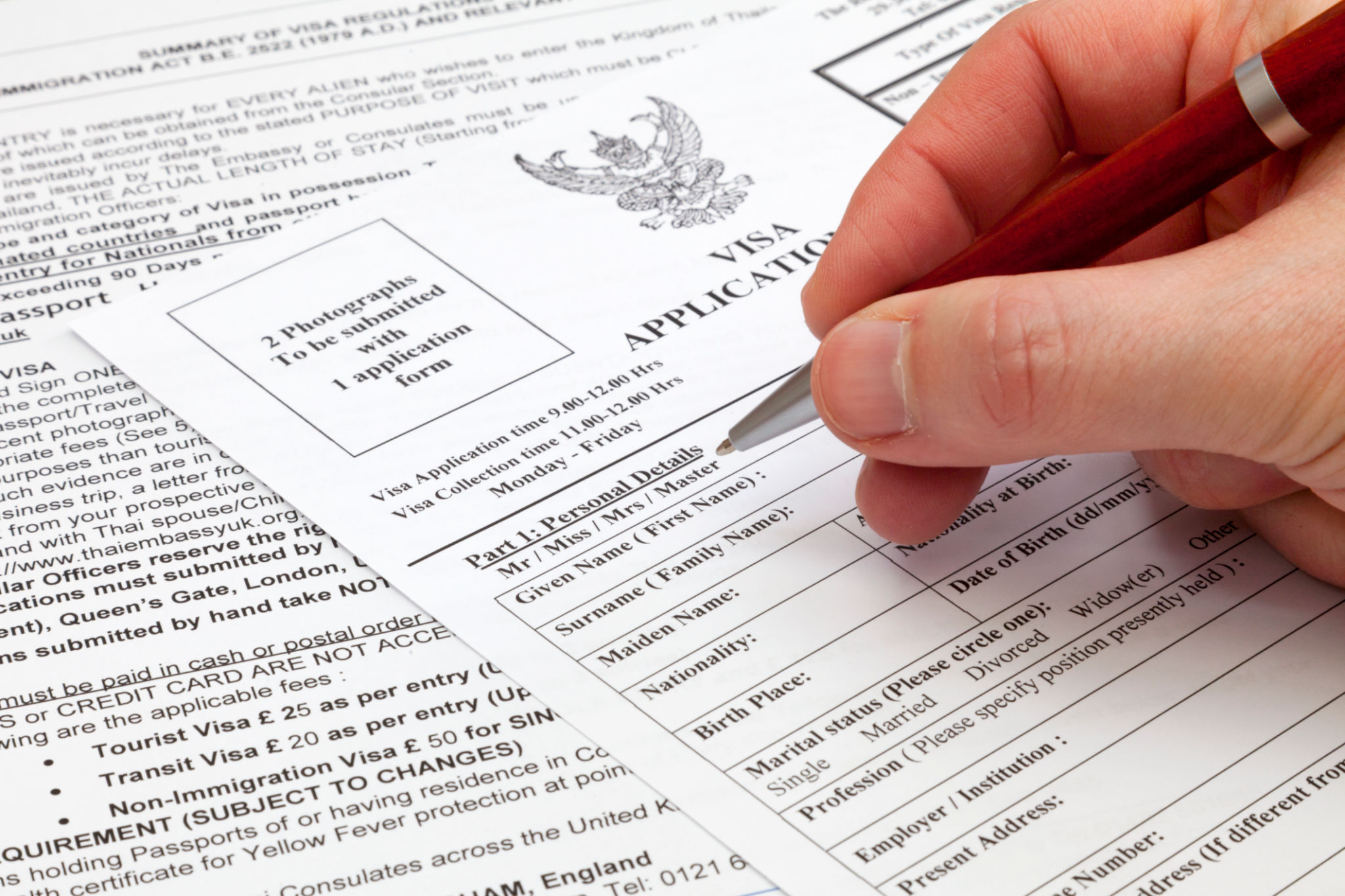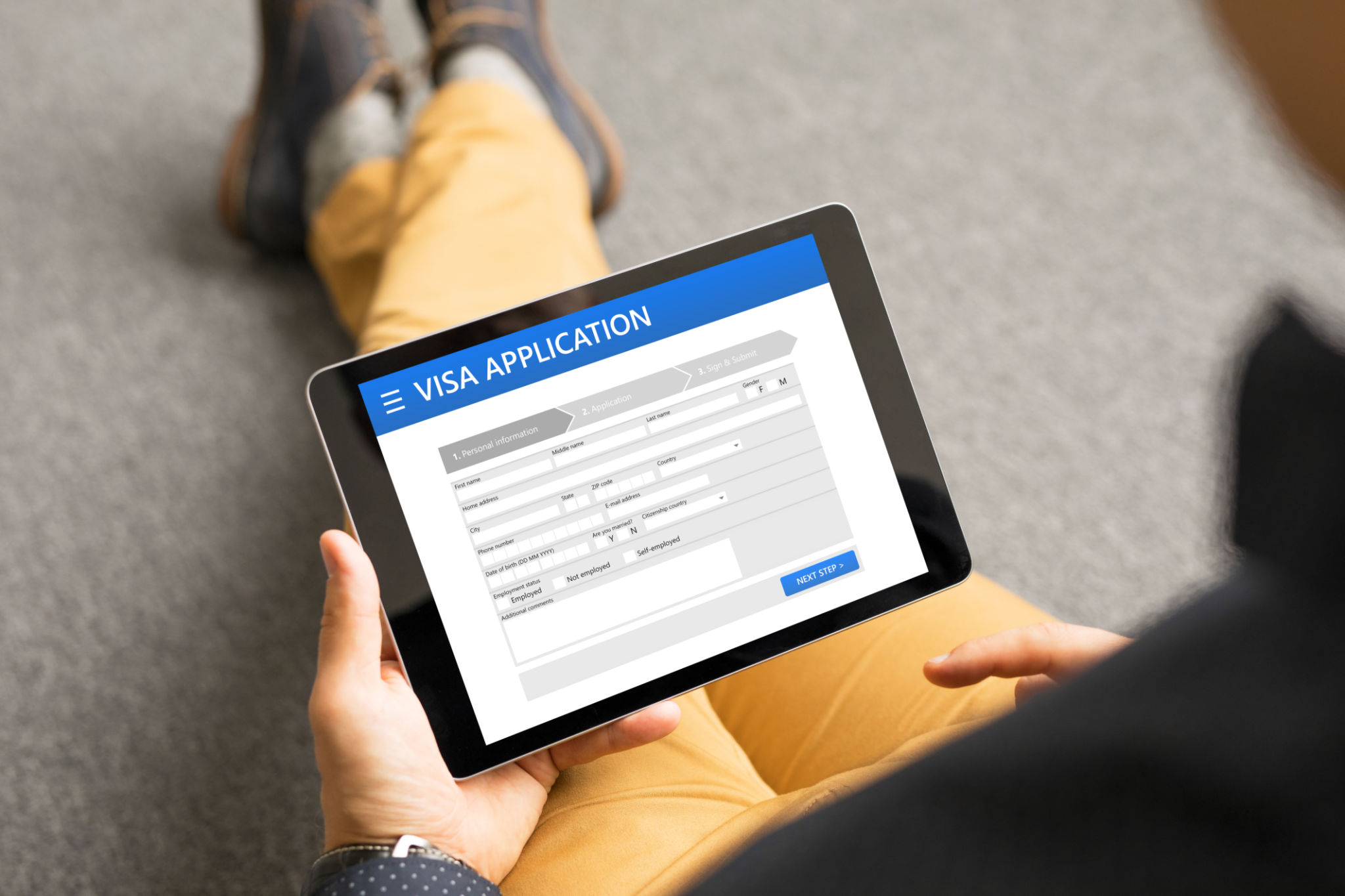How Thailand's Visa Application Process is Going Digital: What You Need to Know
The Transition to a Digital Visa Application Process
Thailand, a popular tourist and business destination, is embracing technology by transitioning its visa application process to a digital platform. This move is aimed at streamlining the process, making it more efficient and user-friendly for travelers from around the globe. As the world becomes increasingly digital, Thailand's initiative is a welcome change for both tourists and expats alike.

Benefits of the Digital System
The digital visa application process promises several benefits over the traditional paper-based system. One of the most significant advantages is the reduction in processing time. With applications being submitted and processed online, the wait time for approvals is expected to decrease considerably. Additionally, applicants can avoid the hassle of visiting embassies or consulates, saving both time and resources.
Moreover, the online system enhances transparency and tracking capabilities. Applicants can easily monitor the status of their applications, reducing uncertainty and providing peace of mind. The system also aims to minimize errors and inconsistencies often associated with manual processing, ensuring a smoother experience for all users.
Steps to Apply for a Thai Visa Online
Applying for a Thai visa online is designed to be straightforward. Here is a step-by-step guide to help you navigate the process:
- Visit the official Thai e-Visa website.
- Create an account or log in if you already have one.
- Select the type of visa you wish to apply for and fill out the application form.
- Upload the required documents, such as your passport and photographs.
- Pay the visa fee using a secure online payment method.
- Submit your application and wait for confirmation.

Documents Required for Digital Visa Application
While the process is digital, applicants still need to prepare certain documents in advance. Here is a list of commonly required documents:
- A valid passport with at least six months of validity remaining.
- A recent passport-sized photograph.
- Proof of financial means, such as bank statements or pay slips.
- Travel itinerary or proof of accommodation in Thailand.
It is essential to ensure that all documents are clear and legible, as this will facilitate smoother processing of your application.
Security and Data Privacy
With the shift to digital platforms, concerns regarding data security and privacy are natural. The Thai government has implemented robust security measures to protect applicants' personal information. The online system employs encryption and secure servers to safeguard data against unauthorized access.

Despite these measures, applicants are advised to maintain vigilance by using secure internet connections when accessing the portal and refraining from sharing sensitive information on public or unsecured networks.
Future Implications of Digital Visas
As more countries adopt digital visa systems, Thailand's transition is part of a global trend towards modernization in travel documentation. This shift not only enhances convenience for travelers but also aids in efficient immigration control and management.
The success of this initiative could lead to further advancements in Thailand's immigration processes, paving the way for innovations such as biometric verification or mobile app integrations in the future.
Conclusion
The digitalization of Thailand's visa application process marks a significant step forward in enhancing travel experiences. By understanding how this new system works, travelers can enjoy a more seamless journey to the Land of Smiles. As technology continues to evolve, staying informed about these changes will be crucial for anyone planning to visit Thailand.